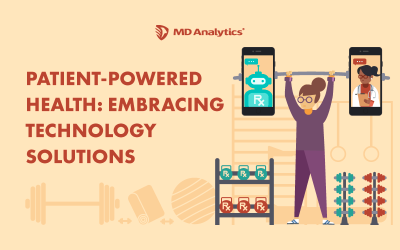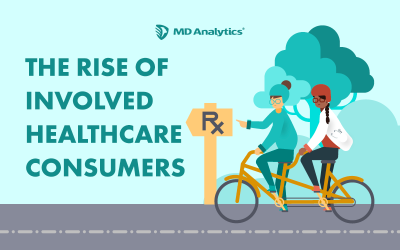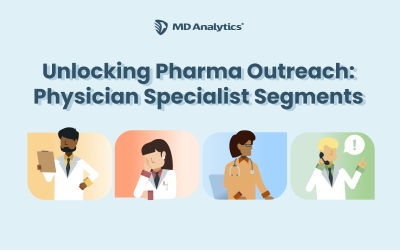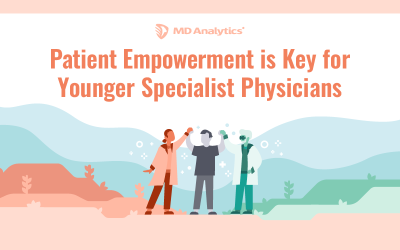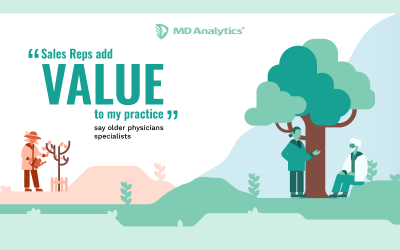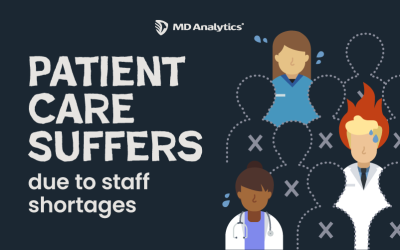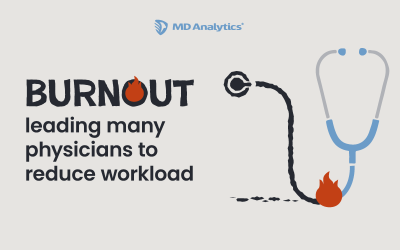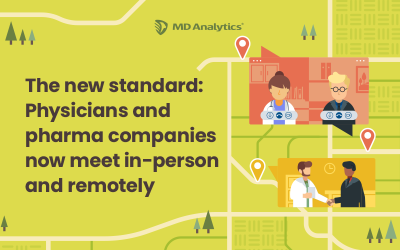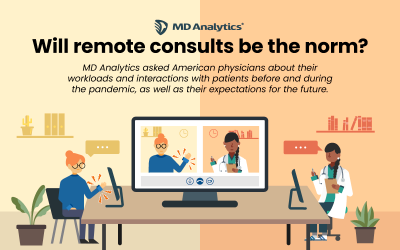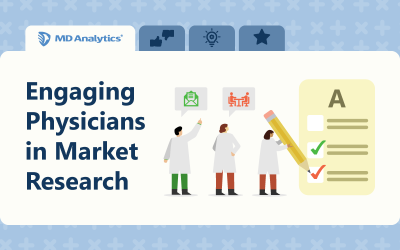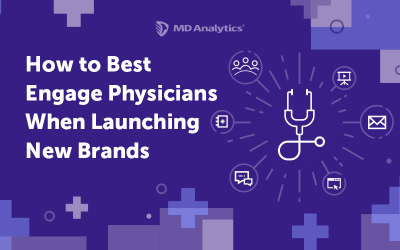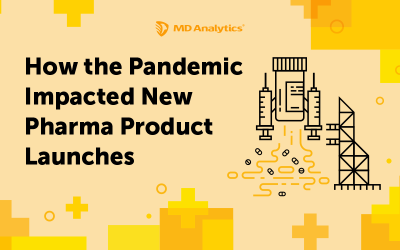From smartphone apps for tracking medical conditions to the increasing use of AI for researching diseases and treatments, patients are embracing digital tools to take control of their health. Our latest infographic, based on a study conducted among 2000 individuals in the US and Canada, unveils patterns in the adoption and utilization of health management technology.
Explore the evolving landscape of healthcare technology and discover how patients are leveraging digital tools to enhance their healthcare experience in the results of this independent study.

